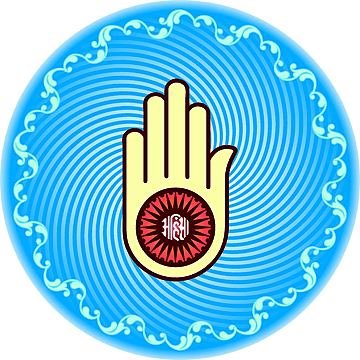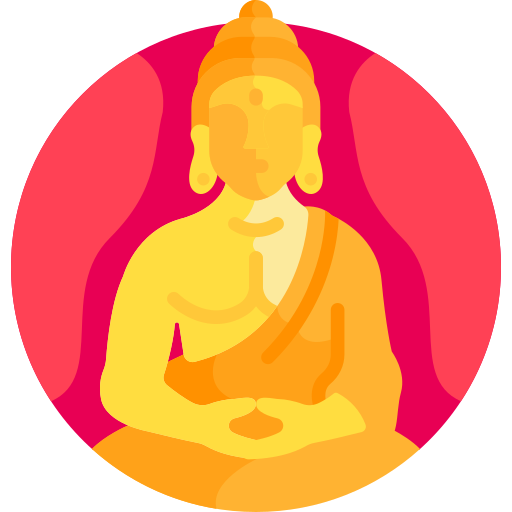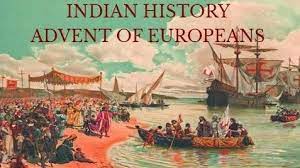- A Pataliputra
- B Taxila
- C Ujjain
- D Mathura
Answer:
A
Pataliputra was a strategically located city on the Ganges river's banks that was a centre of trade and commerce. The Ashokan pillars and the Mauryan palace were also notable architectural features of the city.
 Vedic period
Vedic period  Jainism
Jainism  Buddhism
Buddhism  Advent of Europeans
Advent of Europeans